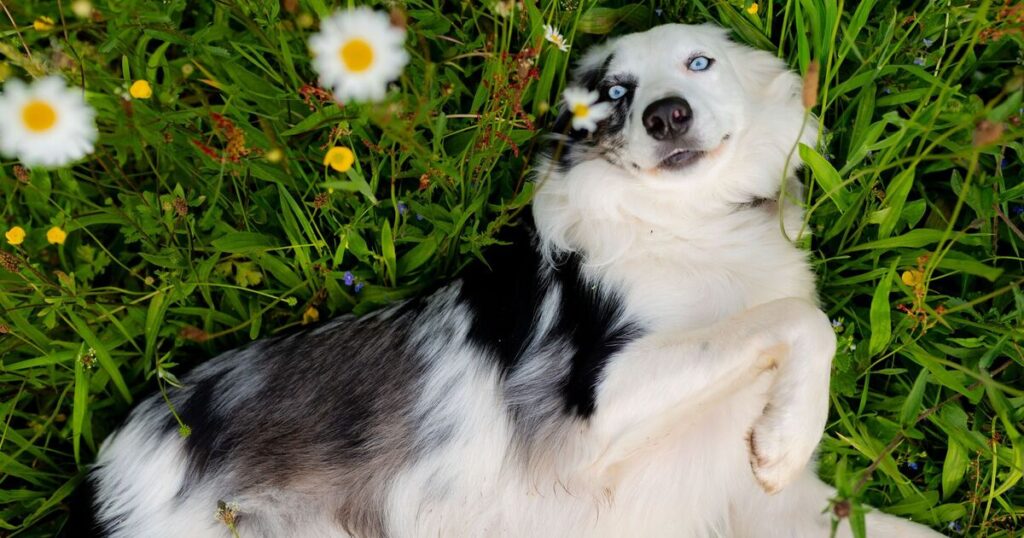
While sending your pets out into the garden without any strict supervision is certainly a common practice for animal owners, there are a number of risks you should be aware of before doing this. As colder weather arrives, you may want to spend less time, but this isn’t necessarily true for your pets.
However, you may not be aware that a number of common garden items, from rock and plastic decorations to slug pellets, pose hidden risks for pets. Slug pellets in particular pose a huge risk to dogs, as this pest control often contains metaldehyde, a chemical that is toxic to dogs. According to the Veterinary Poisons Information Service (VPIS), metaldehyde poisoning is the most common cause of dog deaths in cases referred to the service
Gardening expert Mat Stewart of SunAggregate has highlighted five key items in your garden that may already pose risks to your pets.
He said: « It is shocking that there are so many dangers lurking in our gardens, and we must take responsible steps as pet owners. By understanding the hidden dangers in gardens and taking simple precautions, pet owners can create a safe and enjoyable outdoor space for their animals. »
Mat continued: « If you fear your pet has ingested a dangerous substance or hurt themselves, stay calm and assess the situation. Check your pet for visible injuries, unusual behaviour or signs of poisoning such as vomiting, drooling or seizures.
« Call your vet immediately and provide first aid, such as by gently removing debris, rinsing and monitoring the area for swelling if needed and transport them safely to the veterinary surgery. »
Toxic chemicals
Slug pellets, pesticides and even certain fertilisers contain chemicals that can cause vomiting, seizures, or even be fatal if ingested. Even just small amounts of these can prove dangerous for dogs and cats, so it’s important to be aware of these dangers and to be vigilant of strong chemical odours or stains that may capture our four-legged friends’ attention.
To make your garden pet-friendly, Mat recommends avoiding using these toxic chemicals and instead using pet-safe alternatives like copper barriers, nematodes, or organic fertilisers.
Hazardous mulch
Some mulches can be toxic to dogs. Cocoa shell mulch contains theobromine, a compound toxic to dogs, while wood mulch from black walnut or chemically treated bark can also pose health risks.
To solve this issue, use bark, straw, or shredded leaves instead of cocoa mulch or chemically treated wood products.
Poisonous plants
Some popular plants can prove poisonous for your pets. Foxglove, rhododendron, and oleander all contain toxins that can affect pets if chewed or ingested, causing nausea, heart issues, or worse.
Slate or small rocks
Slate chippings, crushed stone, or small pea gravel can cut paw pads or be easily swallowed, leading to choking or internal injuries. Instead, opt for smooth and large stones, which are much safer for your animals.
Hot and slippery surfaces
Dark surfaces, paving, or decking can become extremely hot in direct sunlight, burning your pooch’s paws. While this isn’t much of a risk during the winter, these surfaces could become slippery when wet, which may be a bigger concern come winter.
